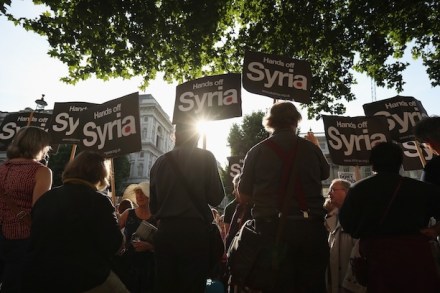Builders promise HS2 ‘on time and on budget’ – if backbenchers don’t kill it first
Another day, another promise that a government project will be in time and on budget. Yesterday it was universal credit, today it’s High Speed Rail, with a letter from the construction companies behind the project in the Telegraph. The letter, signed by chief executives and chairmen of Arup Group, Atkins UK, Balfour Beatty, Kier Group, Laing O’Rourke, Moot MacDonald Group and Skanska UK, dismisses ‘artificially inflated figures’ on the project’s cost. It says: ‘We gladly accept the challenge of completing Phase One of HS2 on schedule – and for less than the Government’s target of £17.16 billion. ‘We applaud the Government’s support for investment in infrastructure and in particular HS2,



















